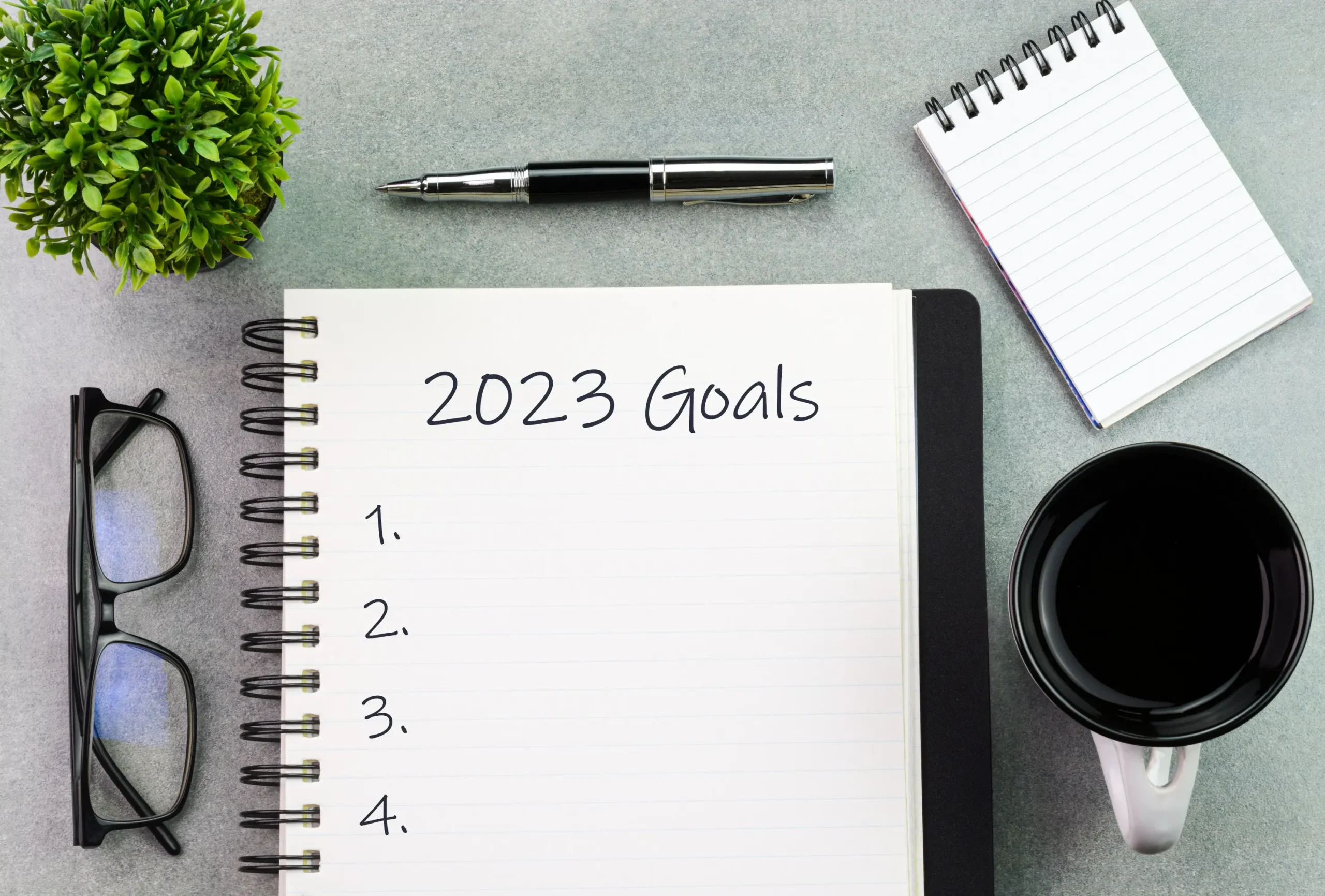Reduce Monthly Expenses Top Money-Saving Tips
Discover effective strategies to reduce monthly expenses and save more money. Implement these tips to achieve financial stability.

How to Reduce Your Monthly Expenses and Save More Money
In today's fast-paced world, managing your finances can be a daunting task. With the rising cost of living and unexpected expenses that can crop up at any moment, it's crucial to find ways to?reduce monthly expenses?and save more money. Whether you're saving for a big purchase, building an emergency fund, or planning for retirement, taking control of your spending habits can help you achieve your?financial goals. In this comprehensive guide, we'll explore practical strategies to help you cut costs and boost your savings.
Create a Budget
The first step in reducing your monthly expenses is to create a budget. A budget allows you to track your income and expenses, giving you a clear picture of where your money is going. Start by listing all your sources of income, including your salary, rental income, and any other sources. Then, make a list of all your monthly expenses, such as rent or mortgage, utilities, groceries, transportation, and entertainment. Compare your income to your expenses to determine how much you have left for saving and discretionary spending.
Track Your Spending
Once you have a budget in place, it's essential to track your spending regularly. Many apps and tools can help you monitor your expenses effortlessly. By keeping tabs on where your money is going, you can identify areas where you can cut back. It's often surprising to see how small, seemingly insignificant expenses can add up over time.
Reduce Housing Costs
Housing is typically one of the most significant monthly expenses for individuals and families. Consider ways to reduce these costs, such as downsizing to a smaller home or apartment, refinancing your mortgage to get a lower interest rate, or negotiating your rent with your landlord. Additionally, look for energy-efficient upgrades that can save you money on utilities in the long run.
Cut Transportation Costs
Transportation expenses, including car payments, insurance, fuel, and maintenance, can take a significant chunk out of your budget. To reduce these costs, consider carpooling, using public transportation, or biking to work if feasible. You might also explore the option of downsizing to a more fuel-efficient vehicle or even going car-free in areas with robust public transportation networks.
Reduce Food Expenses
Groceries and dining out can be substantial monthly expenses. To save on food costs, create a meal plan and stick to a shopping list when you go to the grocery store. Cooking at home is generally more cost-effective than dining out, so limit restaurant visits to special occasions. You can also look for coupons, discounts, and cashback offers to maximize your savings.
Lower Utility Bills
Eliminate Unnecessary Subscriptions
Many people subscribe to multiple streaming services, magazines, or other monthly subscriptions without realizing how much they add up. Review your subscriptions and cancel any that you no longer use or need. Consolidating services or opting for lower-tier plans can also help you save money.
Shop Smart
When shopping for necessities, always look for the best deals and discounts. Compare prices online before making a purchase, and consider buying generic or store-brand products instead of name brands. Take advantage of cashback and rewards programs to get some money back on your purchases.
Reduce Debt
Paying off high-interest debt should be a priority if you want to reduce your monthly expenses. High-interest credit card debt can quickly spiral out of control, so focus on paying it down as quickly as possible. You can also explore options like debt consolidation to lower your interest rates and make your debt more manageable.
Cut Back on Entertainment
Entertainment expenses, such as movie tickets, concerts, and recreational activities, can add up quickly. Look for free or low-cost alternatives, such as outdoor activities, community events, or streaming services with shared accounts. Limit your entertainment spending to what fits comfortably within your budget.
Avoid Impulse Purchases
Impulse purchases are a common budget killer. Before making a non-essential purchase, give yourself time to think it over. Ask yourself if the item is something you truly need or if it's a fleeting desire. Waiting a day or two before buying can help you avoid unnecessary expenses.
Use Cash or Debit Cards
Using cash or debit cards instead of credit cards can help you stick to your budget and avoid accumulating high-interest debt. When you pay with cash or a debit card, you're spending money you already have, which encourages responsible spending.
Automate Your Savings
Make saving a priority by setting up automatic transfers from your checking account to your savings account. This way, you're less likely to spend the money earmarked for savings. Treat your savings like a monthly bill that must be paid.
Review Insurance Policies
Insurance is a necessary expense, but you can often find ways to reduce your premiums. Shop around for insurance quotes regularly to ensure you're getting the best rates. You might also consider bundling insurance policies (e.g., auto and home insurance) to save on premiums.
Plan for Large Expenses
Anticipate large expenses, such as holidays, vacations, or home repairs, and start saving for them in advance. Setting aside a small amount each month for these future costs can prevent you from going into debt when they arise.
Explore Alternative Housing Options
If you're open to unconventional living arrangements, you can save a significant amount on housing costs. Consider options like house hacking (renting out part of your home), co-living with roommates, or exploring alternative housing communities.
Invest Wisely
Once you've reduced your monthly expenses and have some extra money to spare, consider investing it wisely. Investing can help your money grow over time and provide additional income. Consult with a financial advisor or explore low-cost index funds and exchange-traded funds (ETFs) to start investing.
Participate in Employee Benefits
If your employer offers benefits such as a retirement savings plan (e.g., 401(k)) or a health savings account (HSA), take advantage of these opportunities. Contributions to retirement plans can lower your taxable income, and HSAs offer tax advantages for medical expenses.
Avoid Late Fees and Penalties
Late fees and penalties can quickly eat into your budget. Pay your bills on time to avoid these unnecessary expenses. Set up reminders or automatic payments to ensure you never miss a due date.
Negotiate Regularly
Don't be afraid to negotiate with service providers and creditors. Whether it's your cable bill, credit card interest rate, or insurance premium, negotiating can often lead to better terms and lower costs.
Consider Refinancing Loans
If you have loans with high interest rates, such as student loans or personal loans, explore options for refinancing. Refinancing can potentially lower your interest rates, resulting in lower monthly payments.
Implement the 30-Day Rule
Before making non-essential purchases, use the 30-day rule. Wait for 30 days before deciding to buy something. If, after a month, you still genuinely want or need the item, then consider purchasing it. This rule helps prevent impulse spending.
Taking control of your finances and reducing your monthly expenses is a crucial step towards?achieving financial goals. By creating a budget, tracking your spending, and implementing practical strategies like cutting housing and transportation costs, reducing food expenses, and eliminating unnecessary subscriptions, you can free up funds for saving and investing. It's also important to be mindful of impulse purchases, automate savings, and explore alternative housing options to further reduce financial strain. Remember, every small change counts, and with discipline and determination, you can steadily build your savings and secure a more financially stable future.
What's Your Reaction?

















